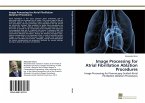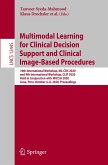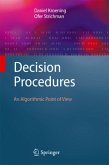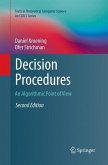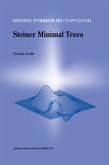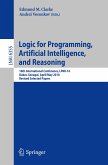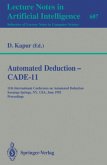Superposition is an established decision procedure for various first-order logic theories represented by clause sets. A satisfiable theory, saturated by superposition, implicitly defines a minimal Herbrand model. This raises the question in how far superposition can be employed for reasoning about such models. This is indeed often possible when existential properties are considered. However, proving universal properties directly leads to the introduction of Skolem functions and a modification of the minimal model's term-generated domain, changing the examined problem. The author Matthias Horbach describes the first superposition calculus that can explicitly represent existentially quantified variables and that in consequence can compute with respect to a given fixed domain. It does not eliminate existential variables by Skolemization but handles them using additional constraints with which each clause is annotated. The calculus is sound and refutationally complete in the limit for a fixed domain semantics. For special classes of theories, it is even complete for proving properties of the minimal model. It thus gives rise to various decision procedures for minimal model validity.
Bitte wählen Sie Ihr Anliegen aus.
Rechnungen
Retourenschein anfordern
Bestellstatus
Storno


